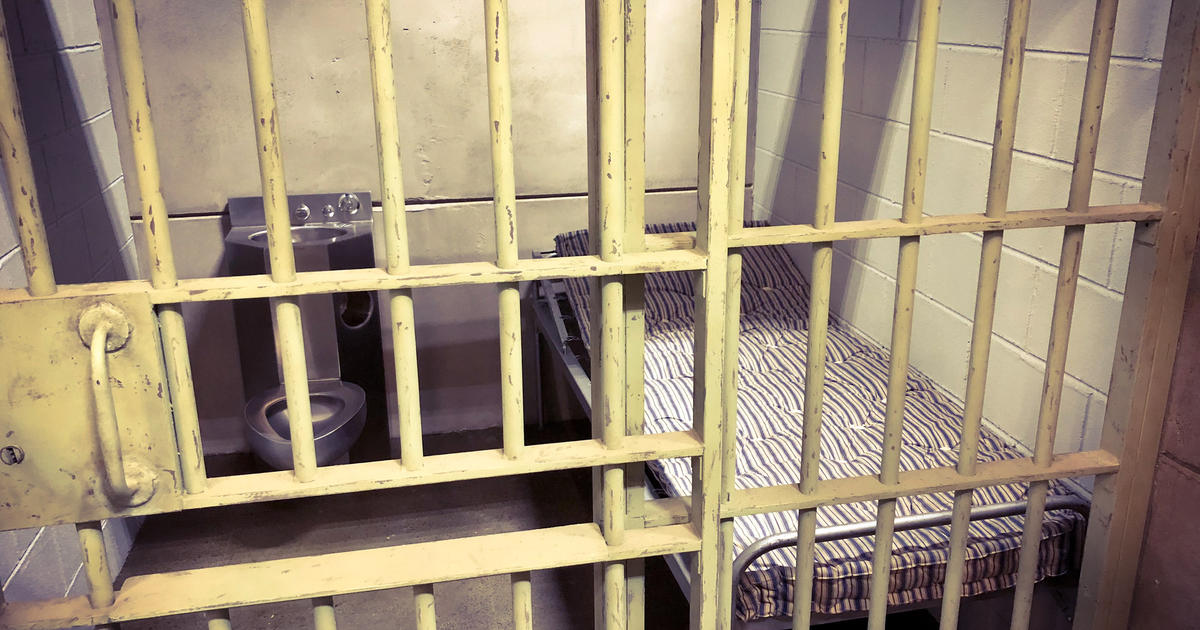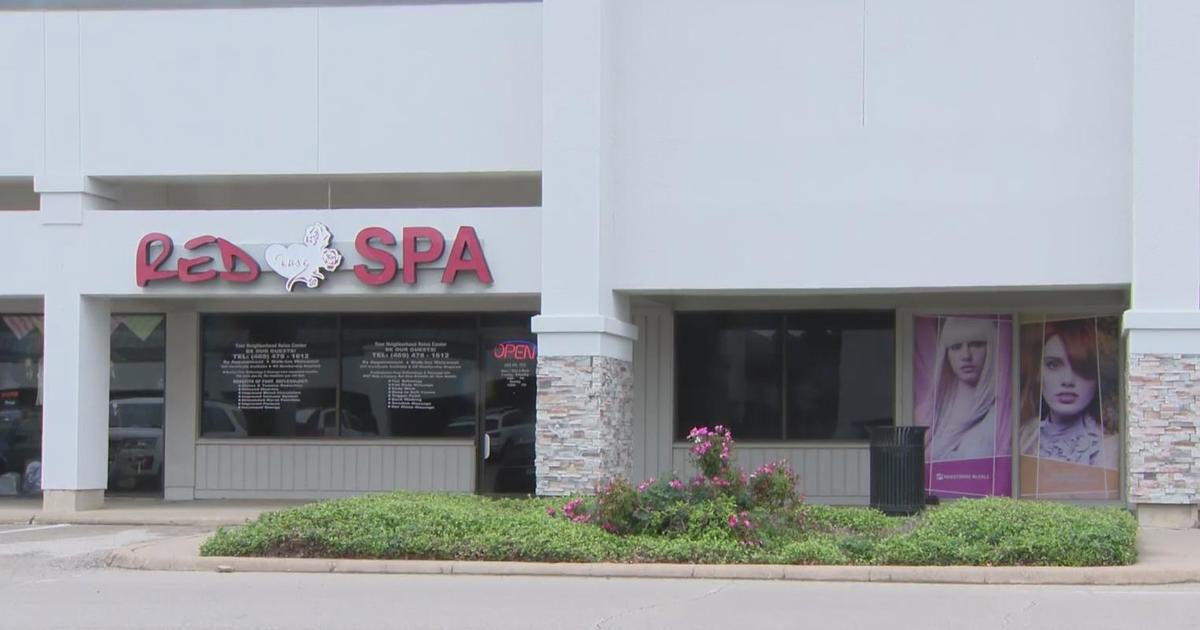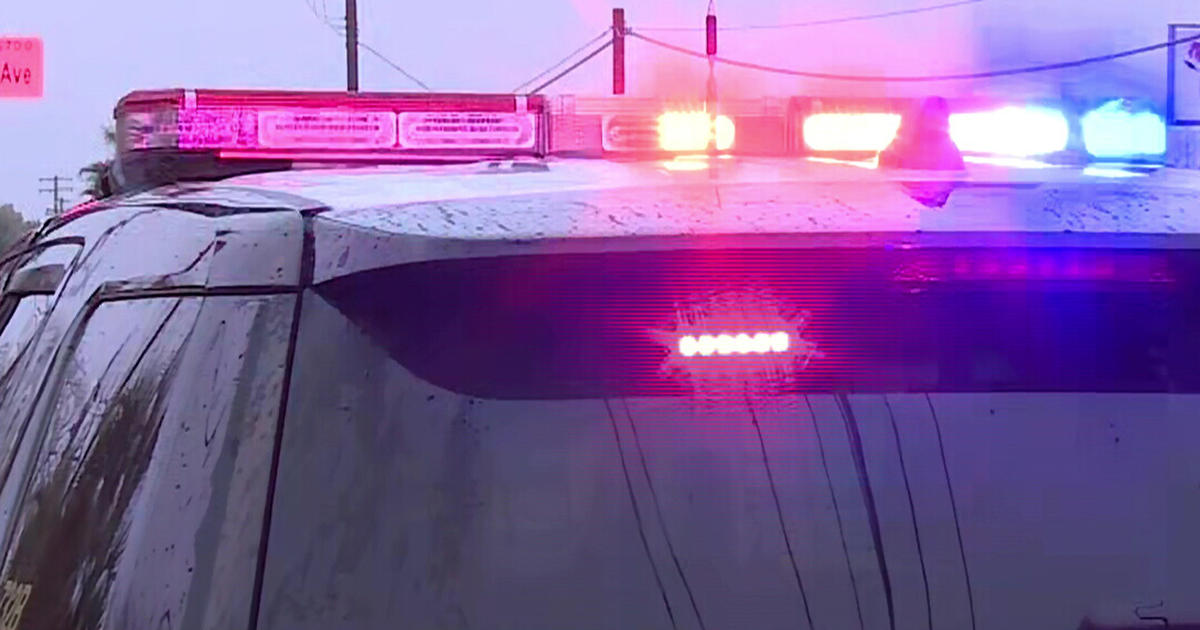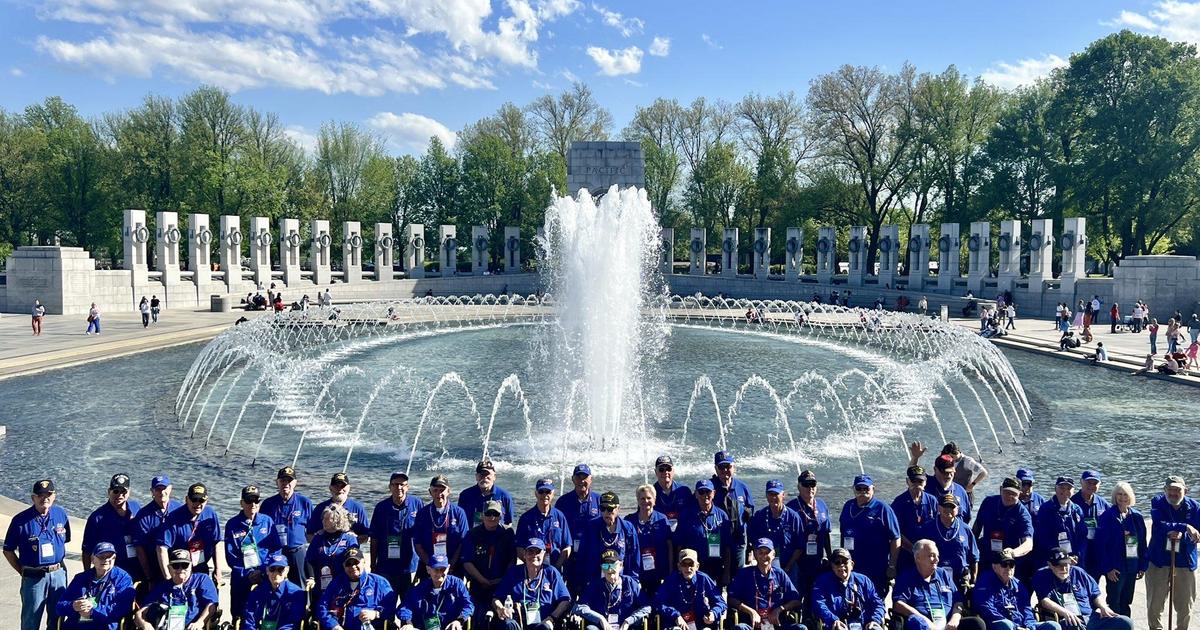Viewers Get Phone Bill Credit After CBS 11 News Investigation
NORTH TEXAS (CBSDFW.COM) - A CBS 11 investigation into extra charges on your phone bill is getting results. Many viewers will soon be getting money back.
MORE: Senate: Third Party Companies Making Billions Off Unauthorized Charges
"I've always watched your program. I think this one was very helpful!"
Lisa Linch of Dallas contacted us after checking out her phone bill closely just days after our first CBS 11 investigation exposed why millions of customers are paying extra money for hidden charges on their phone bills.
Linch spotted a $12.95/monthly charge to Enhanced Services that she had been paying for more than a year. It's the same type mysterious charge that Albert Gamboa found on his parent's bill in our first report. Gamboa, however, was paying $14.95 a month for nearly 60-months. By the time, he discovered it, Gamboa's parents had been charged $750 for a voice mail service that they say they had no idea existed and they had never agreed to order.
Looking at his son, Gamboa's father, says, "If he wouldn't have found it, I'd still be paying."
It was those words that outraged Lisa Linch and drove her to check her own bill. "First, I felt sorry for the gentlemen and his son. Then, I was like that is wrong for you to take advantage of other people like him, then when I saw it on my own bill. I was like this is very frustrating."
The practice is called cramming and the Federal Communications Commission says it affects "15-to-20 million households" annually. An investigation by the U.S. Senate Committee on Commerce, Science, and Transportation found this equates to more than "two-billion dollars' worth of third-party charges every year."
And it's not just residential customers…but also businesses and even non-profit companies. Our last report revealed how Children's Medical Center of Dallas estimates its lost at least 100-thousand dollars to these charges. And tax payers are also feeling the punch as we showed you cramming has affected the US Postal Service, Dallas County, even military bases.
Linch is not alone who has contacted CBS 11 since our first investigation. We have received thank you's from many of you who've now been credited hundreds of dollars by your phone company since watching our investigation.
Emails to CBS 11's Investigative Reporter Ginger Allen include:
"I am so glad I saw your report on 3rd party billing by telephone companies. I just got my February AT&T bill and I had a $104.73 charge from Optic Inet Protocol LD SVC, which was billed by ILD Teleservices. After numerous phone calls to all three companies, AT&T agreed to remove the charges and block my telephone from any other changes."
"Apparently Optic Inet Protocol calls telephone numbers to get people to sign up for their long distance service. We did not change long distance services, because our long distance service is included with our basic service, which we have had for years. The telephone number for Optic is 1-866-925-1048. Optic was not receptive and I could not speak with a supervisor. This is ridiculous! Thanks for the report and at a perfect time." --Arlington, Texas
"Thanks, great reporting on phone charges, it's got me to look at my bill from Sprint. Since 2002 Sprint has charged a surcharge to my bill for $ 9.02 when I called to complain about it they said that it was nothing I could do. This is what appears on my bill. Thank you"
"I just want you to know that after watching your segment on third-party charges on telephone bills, I scrutinized my current telephone bill and found charges for $14.95 for "Enhanced Services" that I was unaware of. Thank you for bringing the information on third-party charges to the public. You provided a huge service and I do appreciate it." –Burleson, Texas
But, many customers may still be paying these bills and be unaware of it. In fact, the Senate Committee's report found "only one- out of 20-victims of cramming is aware of the crammed charges."
However, relief may be insight. Less than two weeks after our investigation aired, Verizon Communications, Inc. has announced a class action settlement has been reached that will make it possible for Verizon landline customers to receive 100% refunds from unauthorized third-party charges." Jacobs Kolton, Chtd., David Schachman & Associates, P.C., Keller Grover LLP and Lieff Cabraser Heimann & Bernstein, LLP settled the suit "alleging that Verizon billed it landline phone customers for charges from third-party companies that were not authorized by the customer (a practice known as "cramming"), in violation of federal and state laws."
Verizon "denies any wrongdoing," but, according to the press release, "agreed to settle the lawsuit to avoid the cost, delay, and uncertainty of litigation."
Verizon has also agreed "to require various specific changes to billing practices that are designed to prevent cramming the future." John Jacobs, one of the lead counsel for the class says, "It is difficult to overstate the credit that is due Verizon for its commitment to fixing the third-party billing system as it relates to Verizon customers. By the settlement, Verizon has committed to extensive and unprecedented changes that we believe will go al long way toward eliminating cramming and will change the industry."
Verizon's Manager of Media Relations, Bob Elek, sent CBS 11 a statement saying, "Verizon does not tolerate cramming. This settlement recognizes that some of our wire line customers were subject to cramming by third-party services providers, and provides another way to make customers whole for those unwarranted charges, in addition to the process we offer any customer today who tells us they have been crammed."
CBS 11 has learned more changes and relief may be in sight for AT & T customers as well. Jacobs told CBS 11 that these same law firms are also now in litigation with AT & T in a similar class action lawsuit.
AT & T spokesperson Alejandra Arango told CBS 11 "In the event that a customer finds an unauthorized charge on their bill, we voluntarily refund it. AT&T has put industry-leading safeguards in place to protect our customers when they are considering purchasing downloadable content. These safeguards ensure that our customers understand the product purchased and the charges incurred before they agree to buy it. For example, the customer must take an affirmative action - sending a text message or entering a PIN code received via text message on a third-party provider website -- before a third-party provider can sell the customer ringtones, graphics, games, or other content. Third-party providers must also make clear the pricing for these services and how to unsubscribe. In addition, we offer free Parental Controls that include a Purchase Blocker feature enabling consumers to easily block content purchases that are billed directly to the wireless invoice, including ringtones, graphics, and games. If third parties do not abide by our customer protection policies we can (and have) terminate their ability to sell downloadable content to our customers."
Qwest spokesperson, Mark Molzen, told CBS 11 "We are not a party to the class action case that Verizon has decided to settle. We have no involvement."
Enhanced Services, the third-party billing company, who charged Lisa Linch from Dallas, sent CBS 11 the following statement:
"As the country's largest third-party billing aggregator, Billing Services Group (BSG) is working hard to prevent cramming through practices such as a 100-point review process which all third-party service providers must go through before BSG will allow them to bill charges to consumers' phone bills. BSG also requires each provider to clearly disclose the terms and conditions of each sale, and to document consumers' consent to purchases. As a result, less than one-quarter of one percent of the 8 million consumers to whom BSG submitted charges last year reported incidents of cramming.
It is important for consumers to know that not all third-party charges on a phone bill are a "cram." Every year, millions of consumers choose to have charges placed directly onto their phone bills, taking advantage of a practice known as "third party billing" to buy services like international calling, operator-assisted calls, web hosting and design, and voicemail and Internet services. Third party billing spares the time and inconvenience of managing multiple bills each month, and provides consumers with access to more services at more competitive rates.
Should consumers have questions about charges on their phone bill, we encourage them to visit www.KnowYourPhoneBill.org to learn more about how to review charges on their bills and where to go if they have questions. Together, we can fight crammers, without losing the benefits of lower costs and increased competition that emanate from third-party service providers."
For more information about the class action settlement and/or Verizon's refund procedure: Click Here
Also Check Out:



